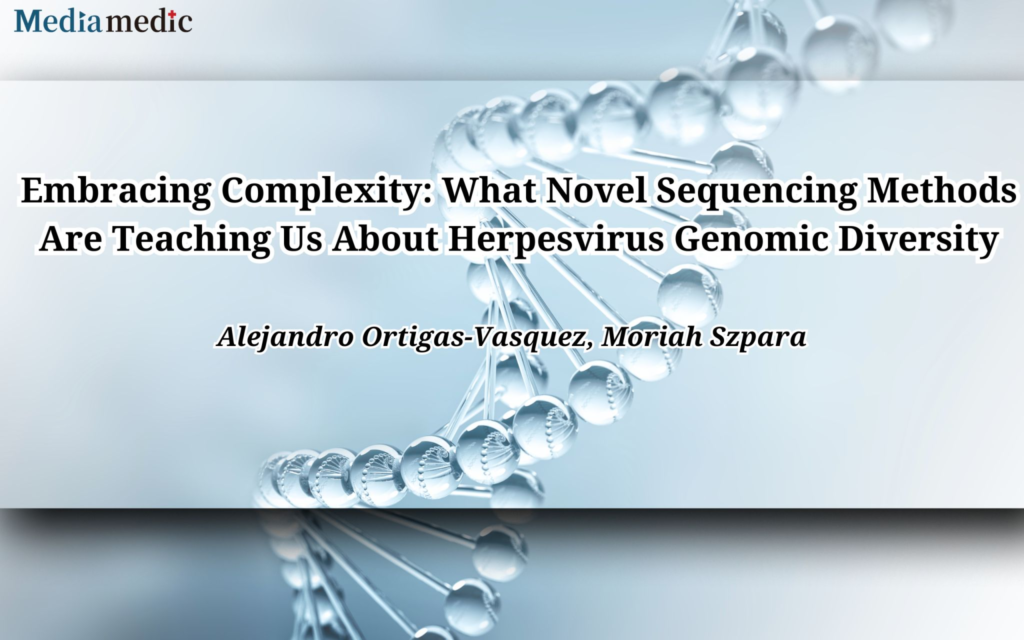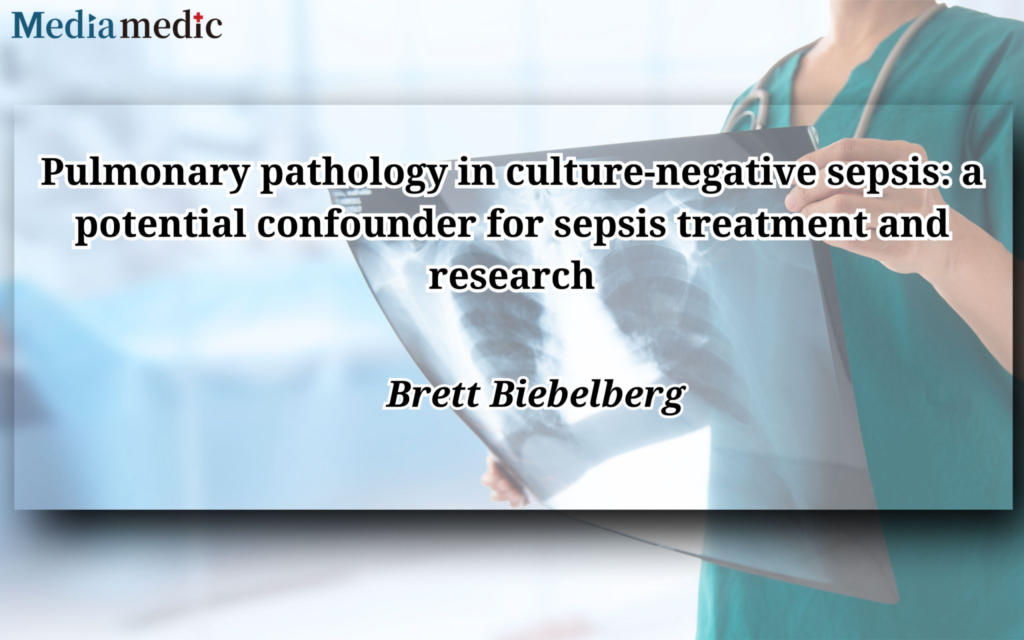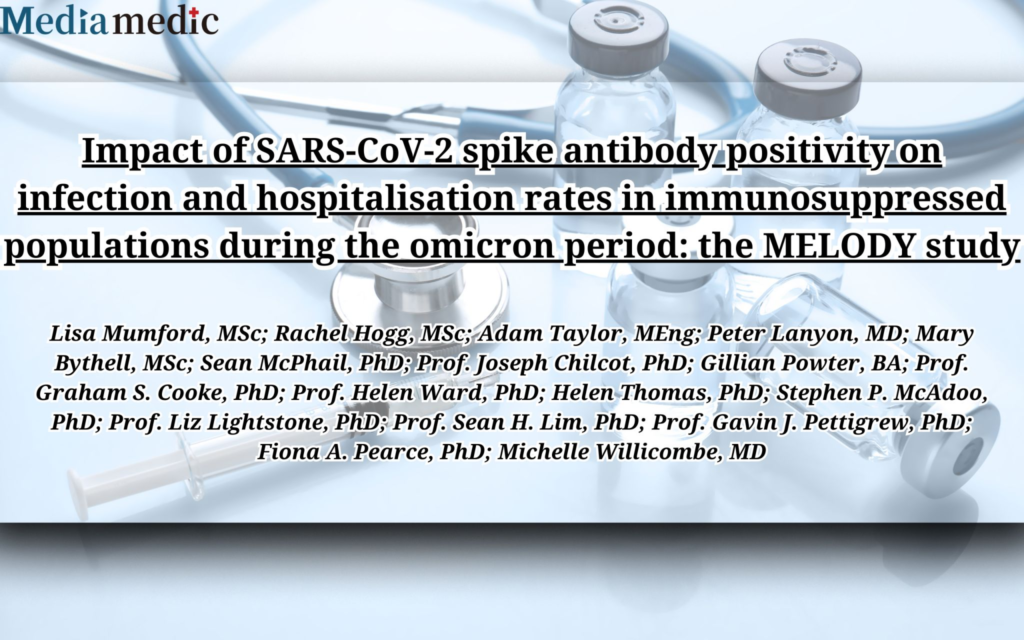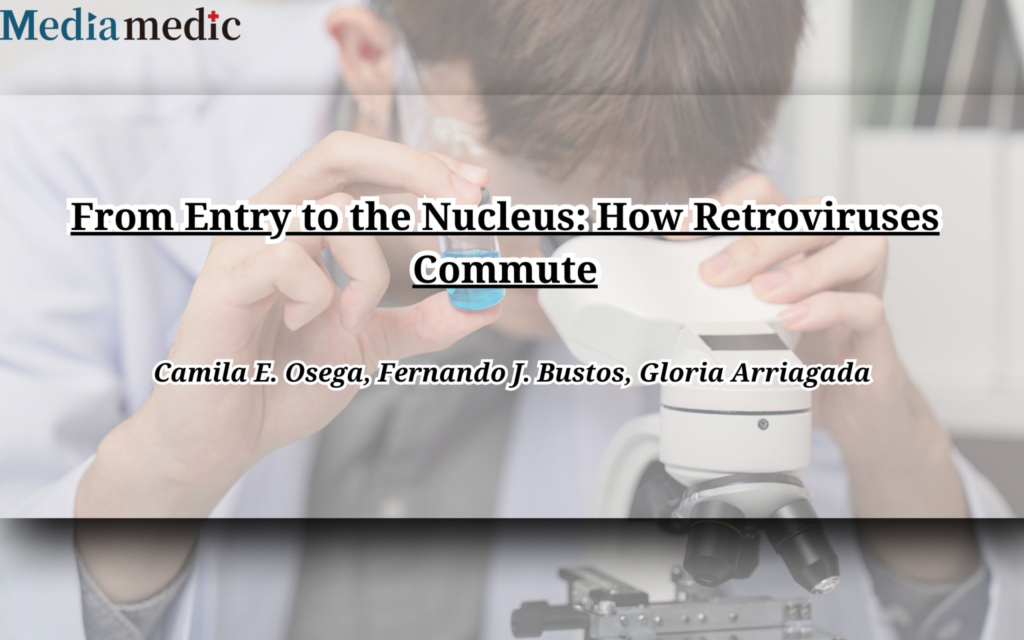Promising Breakthrough in Gene Therapy for Recurrent Respiratory Papillomatosis (RRP)
Valuable researchers have reported encouraging results from a pivotal phase 1/2 clinical trial evaluating PRGN-2012 gene therapy in adults with recurrent respiratory papillomatosis (RRP), a rare and debilitating condition caused by chronic infection with HPV types 6 and 11. RRP leads to the development of papillomas in the aerodigestive tract, causing significant voice disturbances and airway obstruction, with no systemic treatment currently available.









